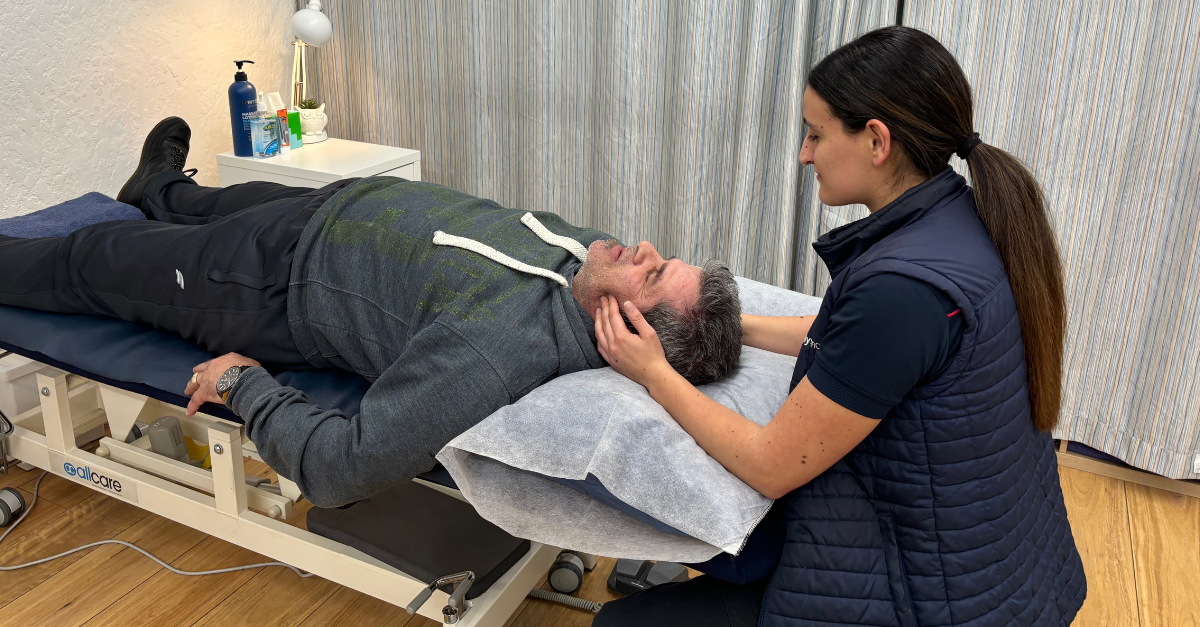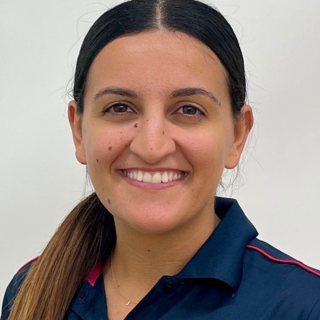Why Does My Jaw Hurt? Jaw-Dropping Relief
Friday, September 13, 2024
At Physio Inq Sutherland and Physio Inq Engadine, we often get calls about whether we can help with jaw pain or discomfort. The short answer is, yes, our physiotherapists can help diagnose, treat and manage jaw dysfunction. Here we’ll talk about what TMD/TMJ is, what causes jaw pain, how to find out what is causing you jaw issues, and what can be done to treat them.
What is TMD?
TMD (Temporomandibular disorders) encompasses a group of conditions that cause pain and dysfunction in the jaw joint and the muscles that control jaw movement. This joint is crucial for everyday activities like chewing, speaking, and yawning. When problems arise in this area, it can lead to significant pain and dysfunction. Understanding TMD and how physiotherapy can help manage its symptoms is essential for those seeking relief.
Common symptoms of TMD include:
- Jaw pain or tenderness
- Clicking, popping, or grating sounds in the jaw
- Difficulty or discomfort while chewing
- Limited range of motion or locking of the jaw
- Headaches
- Earaches or ringing in the ears (tinnitus)
- Facial pain
What causes jaw pain?
The exact cause of TMD is often difficult to determine as it can result from various factors, including:
- Jaw Injuries: Trauma to the jaw or head can damage the TMJ (temporomandibular joints).
- Arthritis: Osteoarthritis or rheumatoid arthritis in the TMJ can lead to TMD.
- Teeth Grinding or Clenching (Bruxism): These habits can put excessive pressure on the TMJ.
- Stress: Stress can lead to muscle tension and jaw clenching.
- Misalignment: Malocclusion (misaligned teeth) or an uneven bite can contribute to TMD..

How do I know I have TMD?
A physiotherapist at Physio Inq Sutherland or Physio Inq Engadine will perform a thorough assessment to understand the extent of the dysfunction and identify contributing factors. A physical examination including an evaluation of jaw movement, muscle tension, posture, and any specific triggers of pain by a trained professional will allow accurate diagnosis of the site and severity of the injury.
Can Physiotherapy help jaw pain?
Yes, seeing a Physiotherapist, such as the staff at Physio Inq Sutherland and Engadine, can assist with the relief of symptoms and long term treatment of conditions causing jaw pain. Physiotherapists will recommend an individually tailored treatment program, which may include:
- Manual therapy techniques: Gentle hands-on techniques to mobilize the jaw joint and surrounding tissues, improving movement and reducing pain.
- Jaw mobility exercises: Exercises to improve range of motion, strengthen the muscles, and enhance coordination.
- Postural training: Poor posture, especially forward head posture, can contribute to TMD by placing additional strain on the jaw muscles and joints. Physiotherapists provide postural training to correct alignment and reduce stress on the TMJ
- Behaviour modification: Strategies to reduce bruxism, including relaxation techniques and possibly recommending a mouthguard as well as advice on avoiding hard or chewy foods that can strain the jaw.
- Education: Patients learn about their condition, the importance of adhering to their treatment plan, and self-management strategies to prevent future problems.
Physiotherapy offers a comprehensive, non-invasive solution to address the underlying causes of TMD, alleviate pain, and restore function. Through a combination of manual therapy, targeted exercises, postural training, and education, physiotherapists can help individuals manage TMD and improve their quality of life. If you are experiencing symptoms of TMD, consulting a qualified physiotherapist at Physio Inq, can be the first step towards effective management and relief.

